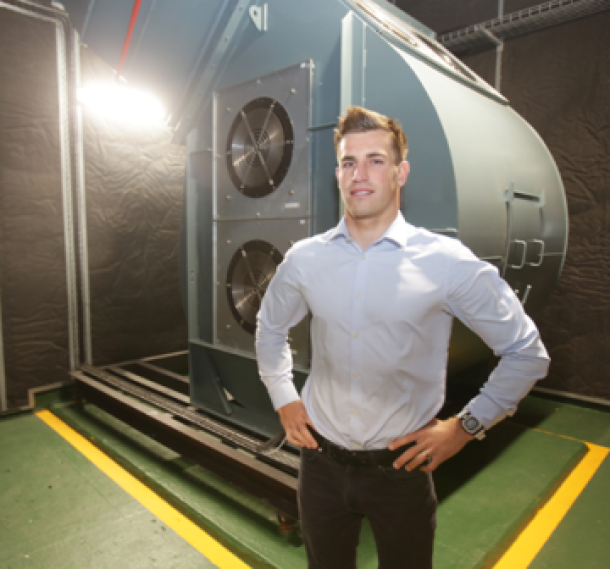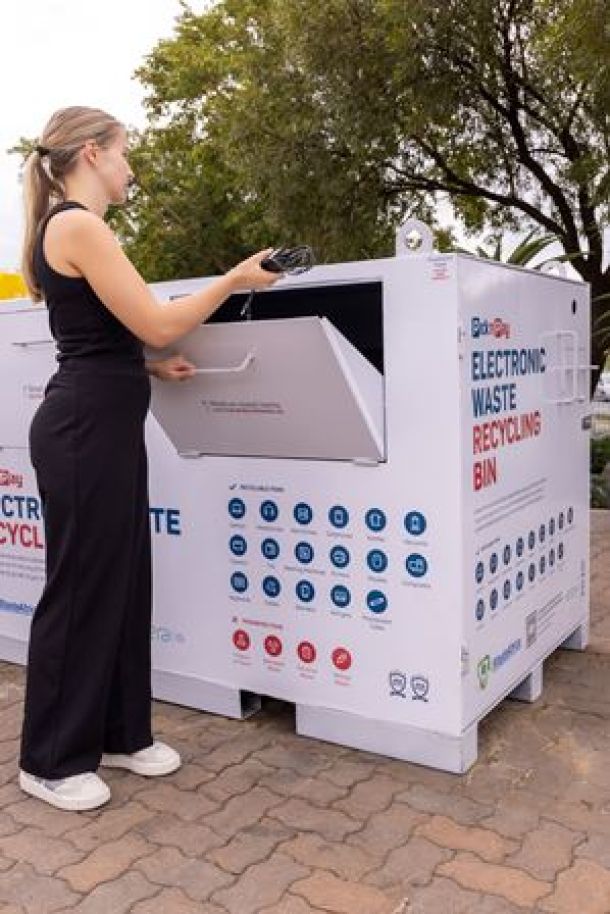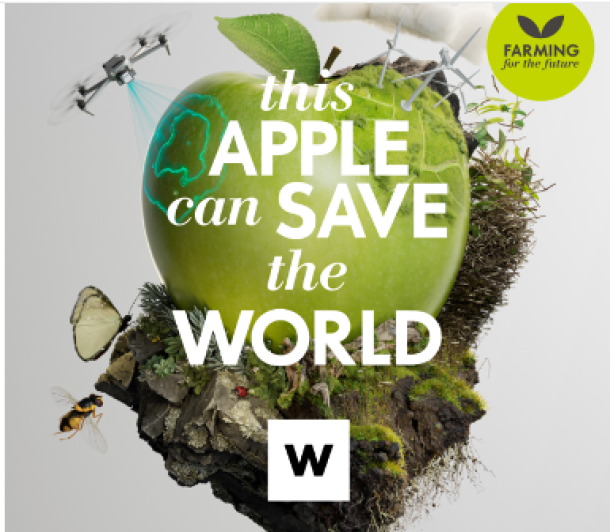Ceres Fruit Growers sustainability efforts bear fruit
The sustainability efforts of one of the largest employers in the area, Ceres Fruit Growers, is bearing fruit saving the environment and the bottom line in the process.
Wholly owned by the growers in the region, Ceres Fruit Growers is a 50% shareholder together with Two-a-Day in Grabouw in Tru-Cape Fruit Marketing. For Tru-Cape, the largest marketer of South African apples and pears, the sale of their growers’ fruit is serious business. Managing Director of Tru-Cape Fruit Marketing, Roelf Pienaar explains: “We take our role in the marketing of the fruit from our growers to heart not just because of our commitment to our growers to return the best value achievable but also because more than 15, 200 people rely on our successful ability to sell fruit for their livelihoods.”
Rahim Hassan, Manager Engineering Services at Ceres Fruit Growers, says that a dedicated sustainability task team reports to the board about their efforts in reducing impact on the environment and saving resources. “Since 2013 we have successfully used renewable solar energy to reduce the stress on the national power grid and, at certain times in peak summer, we are able to generate surplus solar electricity which we are able to offer back to the power provider”, Hassan explains. He adds competitor fruit companies situated in different municipal areas of Ceres who are thus able to purchase energy directly from Eskom and not via the municipality at 23% premium don’t have to work as hard as CFG does to reduce costs. “Currently, CFG is the majority electricity user in the area accounting for over 38% of the all the electricity used. We are very proud of the strong business-government relationship we and the municipality have working to the benefit of all in our area,” he says.
“We have 4060 solar panels which for eight months of the year successfully power the machine rooms in the Controlled Atmosphere complex number six. We have saved nearly R5 million because of our solar investment not to mention the reduced carbon footprint using renewable energy over fossil fuels but the system only meets around three percent of our total electricity costs.”
Hassan continues that with water being a scarce and highly prized resource, the company has reworked water reticulation to allow for borehole water to be used in the refrigeration systems. “With all decisions we have to evaluate the cost versus the benefit and because we are so committed to saving natural resources we have invested further to add softeners into the borehole water so that the heavy metals and other minerals found in ground water do not damage the equipment. We also use recycled water for our sewage system. While we continue to learn how we can add to our electricity generation we are also better managing our electricity demand by replacing LED lighting with the newest versions which are twice as bright and lasts longer than previous LED lighting solutions with even less energy drain. In fact, for the past 20 years we have been practicing electricity saving. During the apple and pear picking season we run day and night but typically only run machines at night to take advantage of off-peak rates.”
Ceres Fruit Growers is, according to Hassan, also among the biggest user and client of Toyota’s electric fork lifts. “We have 54 battery-operated forklifts which are much quieter and far more energy efficient than fuel burning ones with zero emissions and reduced carbon footprint. Since 2011 we have seen annual reductions in our carbon footprint and we continue to make improvements where we can that are in line with ISO best practices,” Hassan ends.
Roelf Pienaar of Tru-Cape has the last word: “Our task to sell the fruit of Ceres Fruit Growers and of Two-a-Day is made easier when our packhouses align themselves so fully with best environmental practices that makes us leaders in the field. Our local and global customers know and appreciate this about Tru-Cape.”
News Category
- International retailers
- On the move
- Awards and achievements
- Legislation
- Wine and liquor
- Africa
- Going green
- Supplier news
- Research tools
- Retailer trading results
- Supply chain
- Innovation and technology
- Economic factors
- Crime and security
- Store Openings
- Marketing and Promotions
- Social Responsibility
- Brand Press Office
Related Articles

Pick n pay upcycles air-conditioning systems, s...

Shoprite Group opens pathways to job opportunit...

Pick n Pay empowers shoppers in the fight again...

Massmart implements early leak detection techno...


